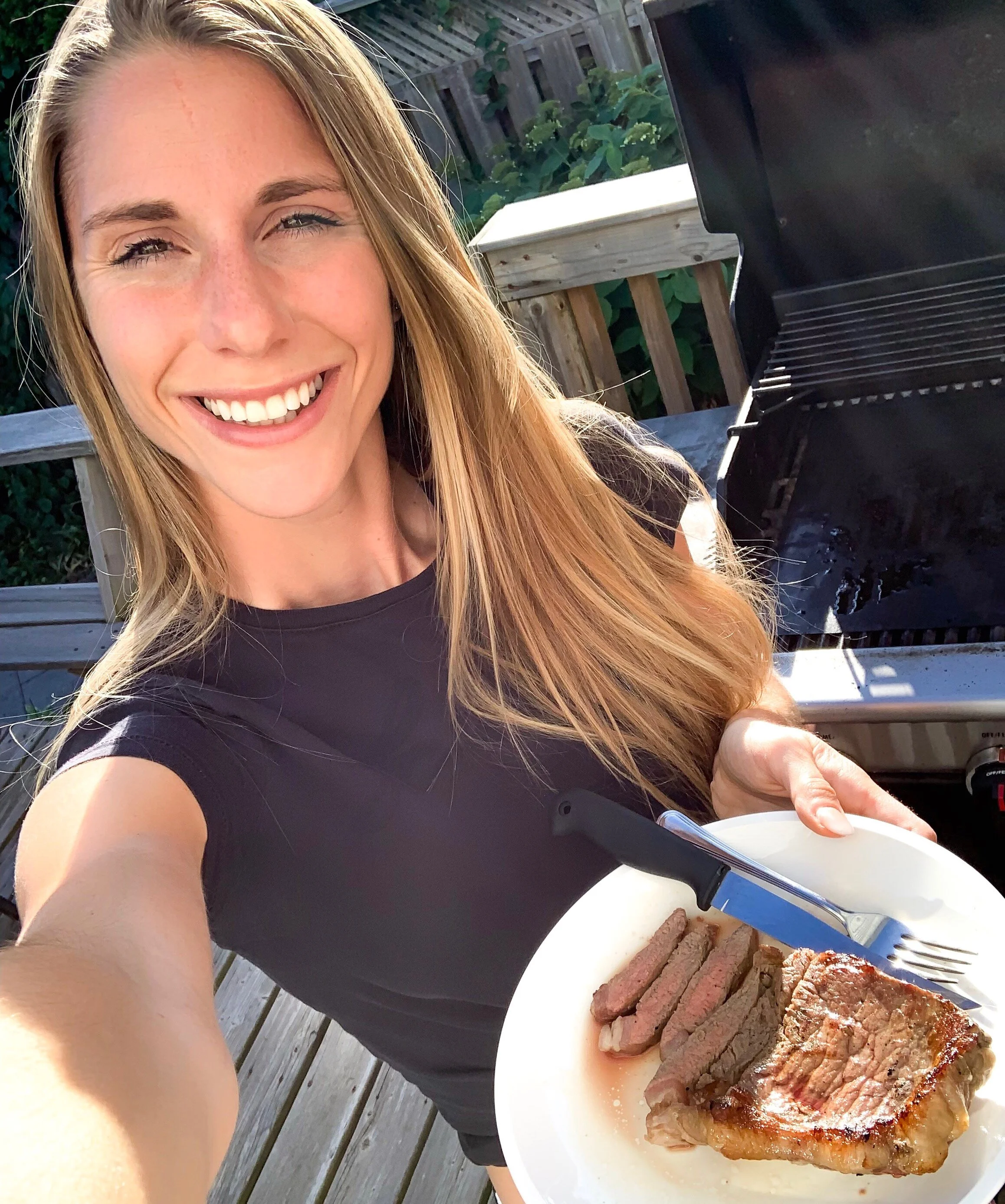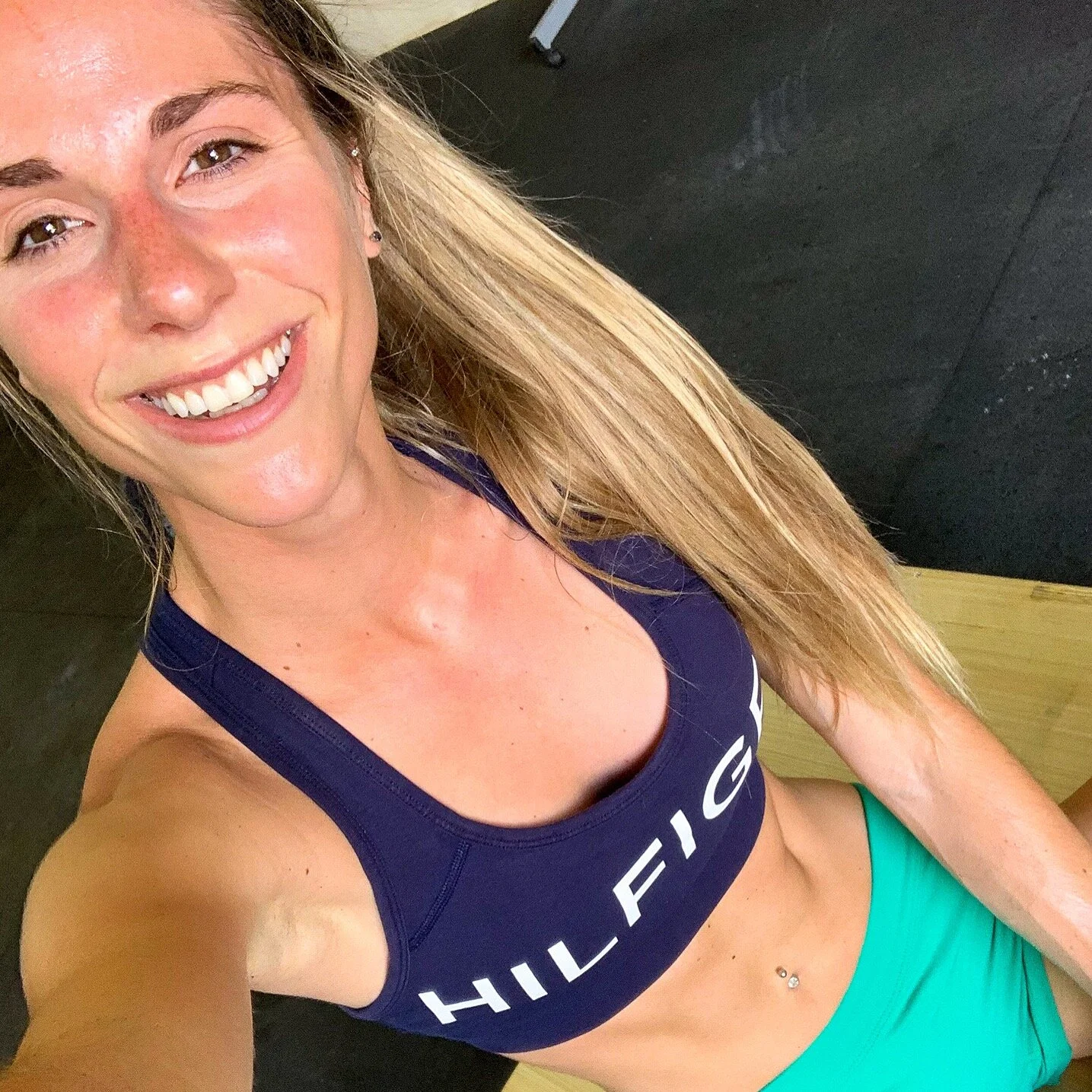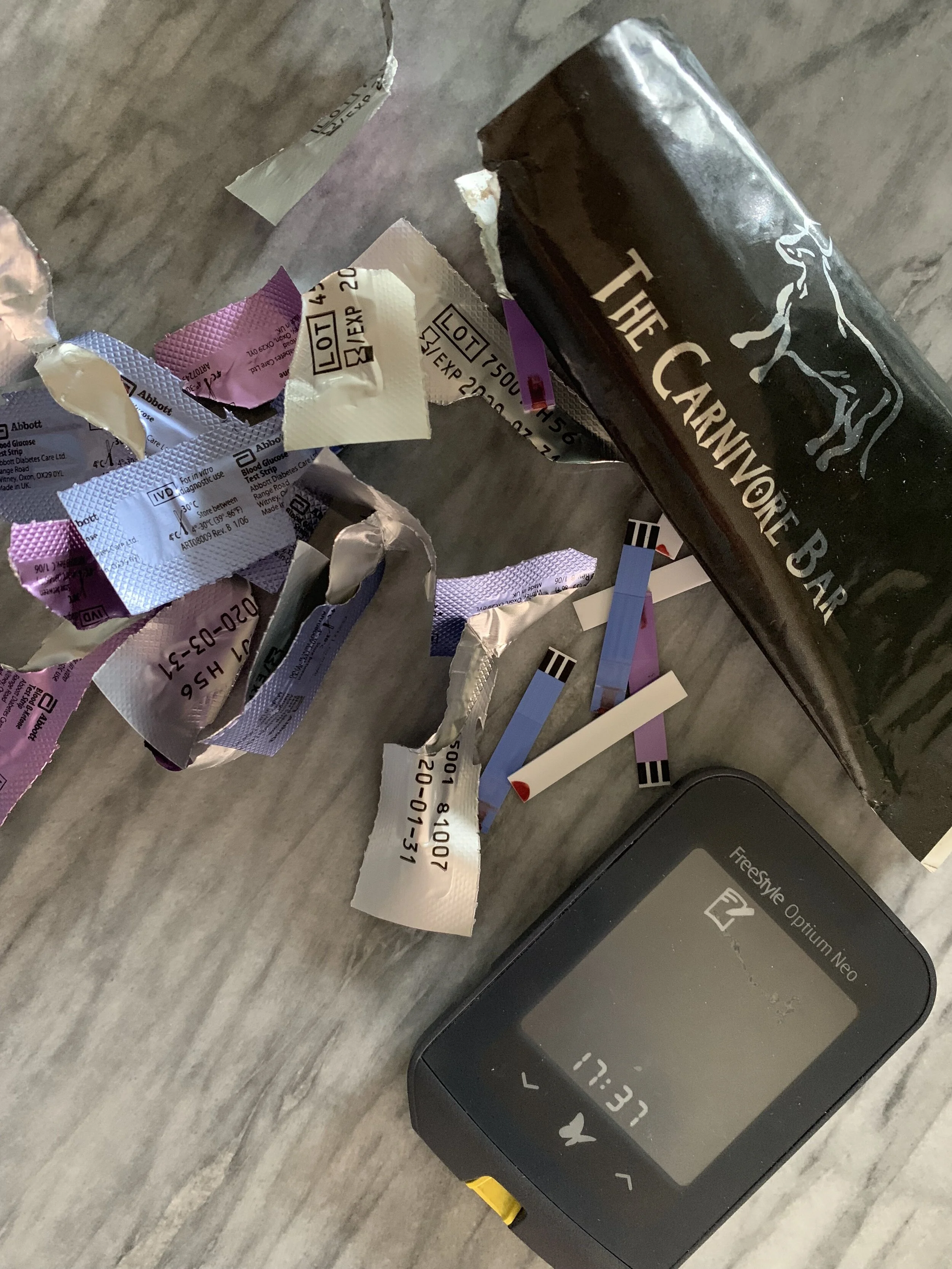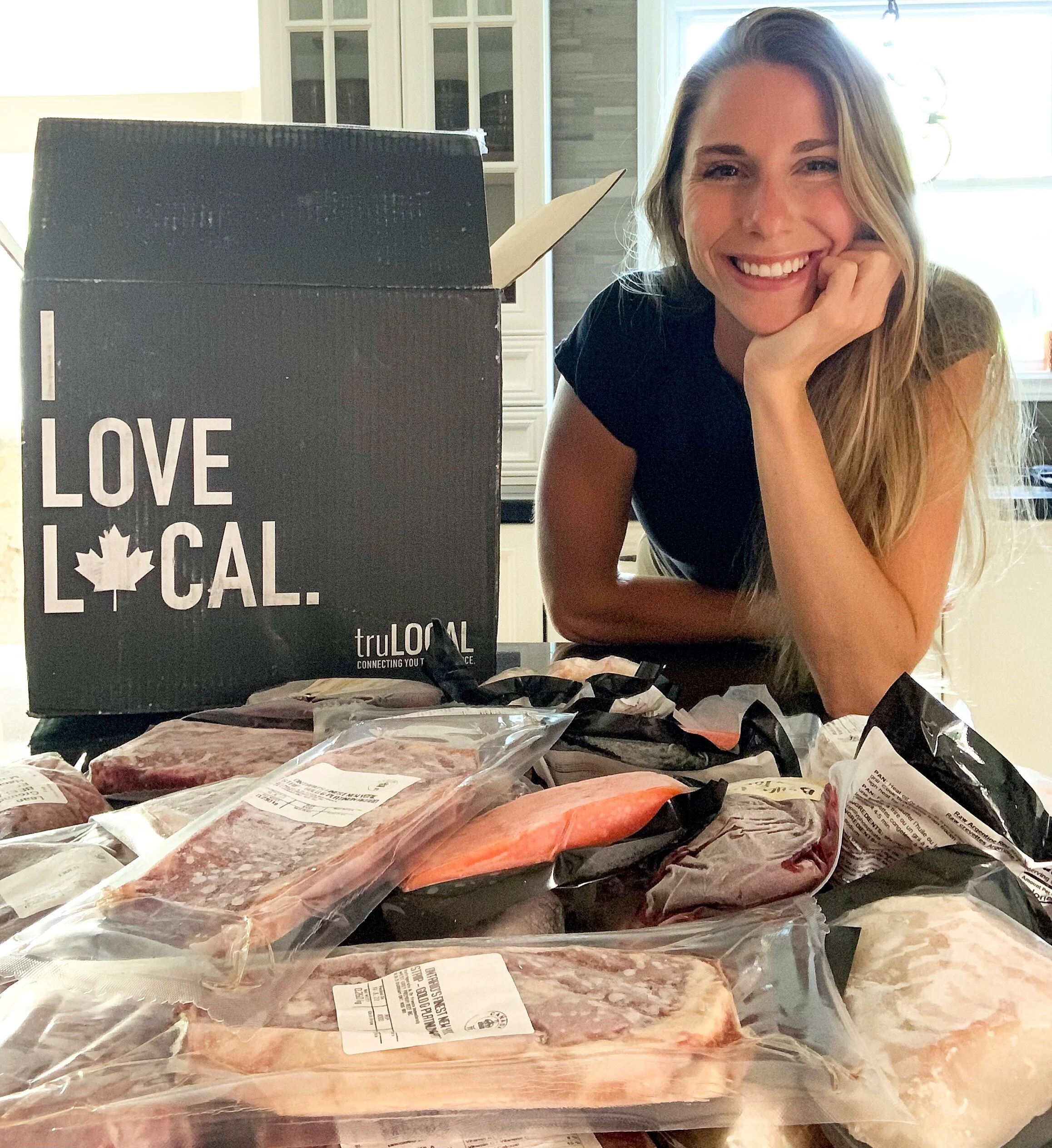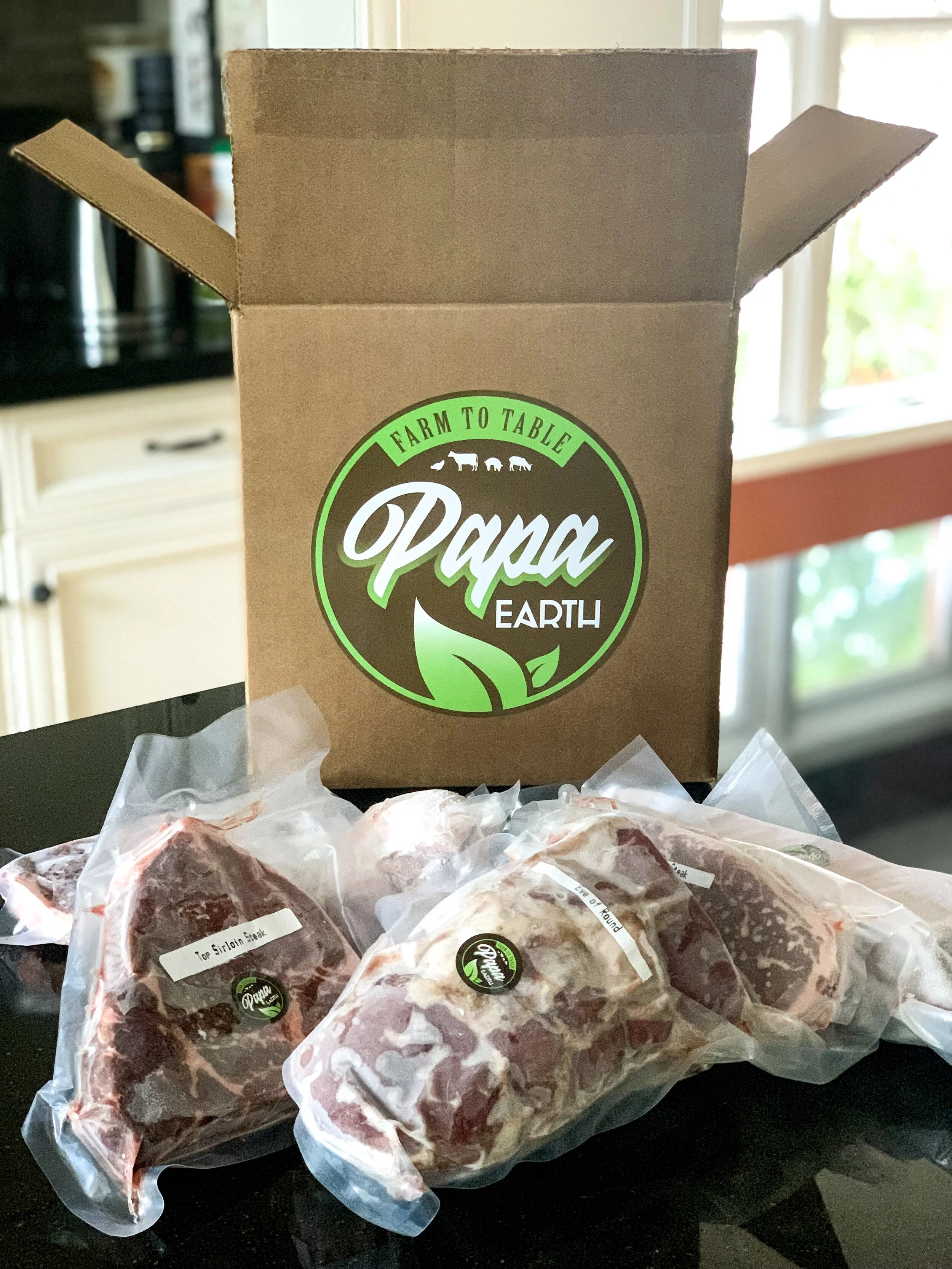30-Day Carnivore Experiment
First time cooking a steak, or using a barbecue for that matter.
Last September I completed 30-days of eating only meat and animal products. Historically my diet has been primarily plant-based, so this style of eating was incredibly foreign to me. In fact, it was during these 30-days I cooked a steak for the first time. I’ll save my reasons why I transitioned from a plant-based to animal-based diet for a separate post; for now I want to focus on what I learned from this 30-day experiment.
During these 30-days I ate nothing but animal foods as I already said, with the exception of coffee, herbs, and spices. Oh and Franks hot sauce, I put that sh*t on everything. I didn’t consume any sweeteners (e.g. stevia), or MCT oil (which I typically have in my coffee every day), etc. For the first few days I was putting some organic grass-fed heavy cream in my coffee, but switched to blending my coffee with grass-fed butter or ghee instead. So, really the only dairy I consumed came from butter/ghee for the entire experiment (no cheese, yogurt, etc.).
Overall, this was a very positive experience for me. I learned a lot about my body, and eating habits that I will now take with me through life.
Here is a list of all the foods I ate:
eggs (chicken and quail)
chicken (wings, thighs, drumsticks, breasts only when I cooked a whole chicken)
beef (ground, steaks, ribs, stewing beef, etc.)
home-made bone broth
organ meats: beef liver, beef kidney, chicken liver, chicken hearts, bone marrow
sardines
lamb (chops, shoulder, shank, ground)
chicken/turkey necks, and carcass (mainly used for bone broth, but if bones were soft enough I would eat them too)
Butter and ghee
Carnivore bars
Tallow
Salmon
Veal
Shrimp
Cod
Cod liver
Mackerel
Tuna (Wild Planet)
*Bolded items were most consumed
**You may have noticed no mention of pork. I am very apprehensive about eating pork for their notoriously low standards of living. I haven’t taken the time to suss out any quality farms I trust in my area… and to be honest pork just doesn’t do much for me.
major Takeaways
Appetite, bloating AND Portion Sizes
I had never experienced satiety quite like what I experienced eating carnivore. My appetite was severely blunted, and I felt like I was in complete control of meal timings. Although, there were some days when I didn’t eat a proper first meal, and that led to me just picking at different things throughout the day. These types of days are extremely unproductive for me; I am constantly distracted by food, and can’t seem to ever feel full. I quickly learned that this could be easily avoided by eating a very filling first meal of the day (i.e. a real meal instead of grabbing a couple boiled eggs or something quick). Most days I probably could have continued fasting until dinner, because I never really got any major cue to eat. However, because I was training practically every day at or before noon, eating post-workout was a priority (I always train fasted).
Feeling full after a carnivore meal is very different than feeling full off a plant-heavy meal. It almost feels as if you hadn’t eaten and your stomach is empty, though you’re no longer hungry and food isn’t appetizing. I would be full without feeling bloated or stuffed, and able to go 6+ hours without thinking about my next meal. Most times, I wasn’t even hungry for dinner I would just eat because, one I love to eat, and two because I wasn’t trying to lose weight. It was the first time I consistently would go to bed with a flat stomach. The only time I noticed I was a bit bloated was if I had too much bone broth.
Carnivore taught me that portion sizes do not dictate satiety. I could be equally as full from a plate of meat as I would from a plate of meat with a side of vegetables. This threw a couple of wrenches in my intuition. I typically use vegetables to bulk up my meals/add volume, and I judge how full a meal will make me by looking at it. However this changed with carnivore - the volume of my food was smaller, but I was always very full. I had to throw away all my preconceptions of what a typical meal would look like for me.
This was one of my major takeaways. In the past, I would eat until I was physically stuffed, but turns out being physically full does not equate to satiety, and my stomach does not have to be distended for me to feel full. The only caveat was that I found I had to wait around 30 minutes after a meal to truly feel full, which tested my patience a bit. On day one I cooked a steak for dinner, and thought that I wasn’t full so I cooked three eggs after my steak and ended up too full. From then on, I learned to practice some patience after my meals and wait for satiety to set in. What I am taking away from this is that vegetables help me feel full in the moment. This can be helpful for people who need that signal to stop eating (satiation), and I’ll admit I need that sometimes too. However, I know now that I can feel just as satisfied and full for long periods of time (satiety) without the bulk of a meal.
*Satiation and satiety have overlapping, yet distinct definitions:
Satiation: the motivation to stop eating —> short-term
Satiety: the absence of hunger after a meal (i.e. the time it takes for hunger to return) —> long-term
Sodium (electrolytes)
I transitioned into a carnivore diet from a ketogenic diet, so I was already adapted to a low-carb diet. You would think that my electrolyte needs wouldn’t change, but boy was I wrong. Salt was absolutely crucial for me to have pre-workout or else I lost the ability to do anything explosive. On day 4, I was at CrossFit and the workout that day had box jumps. I literally felt like my legs were 200 pounds each, and I could not jump for the life of me. I had lost all explosive power. The next day, I took about a teaspoon of Redmond Real Salt before CrossFit, and I felt completely back to normal. I continued to do this for the remainder of the experiment with the exception of one day. I forgot to take salt pre-workout on day 29 (you think I would have learned by then…), and during the running portion of that day’s CrossFit workout, I could feel my quads almost seizing up. I knew then that sodium was a non-negotiable.
Ketones and glucose
I did not measure ketones and glucose every single day, but I did enough to gain some insight. Ketones were typically low in the morning (~.03-0.4 mmol/L), but by around noon they would be around 0.7-1.0 mmol/L. For reference: ketosis is generally defined by a reading above 0.5 mmol/L. So the carnivore diet had me fluctuating in and out of ketosis. I did not track macros, or ratio of fat to protein, but it would have likely been the case that on days I had a higher fat to protein ratio, my ketones would have also been higher. My highest glucose reading over the entire 30-days was 4.5 mmol/L. It would have been very interesting if I had been wearing a continuous glucose monitor.
I also tested the Carnivore Bar to see if it was ketogenic:
Fasted: ketones - 1.2, glucose - 4.3
30 mins: ketones - 1.3, glucose - 4.1
60 mins: ketones - 1.2, glucose - 4.2
90 mins: ketones - 1.1, glucose - 4.4
120 mins: ketones - 1.0, glucose - 4.3
Which it was, since as you can see, it didn’t kick me out of ketosis.
Energy
I am writing this 8 months later and going through my daily notes I took over the 30-days. I had loads of energy every single day with the exception of three days that I felt a little bit tired. Day 5 I wrote: “Feel flippin’ fantastic, euphoric almost”. Day 30 I wrote: “I feel really good today, lots of energy”… so seems like my energy didn’t fail me over the course of the 30-days. I felt mentally sharp throughout the entire experiment, except for on days that I would graze throughout the day. You may be wondering what the heck you would graze on while following a carnivore diet, but for me it would be leftover meat, boiled eggs I keep in the fridge, maybe a can of sardines, a bite or two of cod liver. Overall, my energy levels were very stable every day. I never had any crashes in the middle of the day, or after meals. Though, this isn’t something I normally experience being on my regular ketogenic diet.
Minor takeaways
I was really cold even though it was warm out (TSH, free T4, and free T3 all dropped a tiny bit so this may have contributed to this observation).
I learned to appreciate ice water. I love flavour in my water, and often have no palate for plain water. However, because I wasn’t consuming any sweeteners I wasn’t using my usual electrolytes (LMNT) sweetened with stevia. By the end of the 30-days I had gained a new appreciation for plain water.
Eggs fill me up more than any other food.
It takes a while for me to feel full after eating a lean steak.
I felt very lean the entire time and made noticeable changes to body comp.
Everyone needs a pressure cooker, period.
Sources of meat
TruLocal sent me a box of their meat to try out, and I was really impressed with everything they sent me. Their beef liver was exceptionally better than any beef liver I have ever tried.
Papa Earth also sent me a box of their meat. The founder personally delivered my box, and we stood at my door step talking about Shawn Baker, which added a nice touch. I would definitely order from them again. Their meat is well-sourced, the lamb was amazing, and I’m a sucker for small local companies. They gave me a discount code to share for 10% off: “KRISTISTORS10”
Everything else:
Eggs: Organic/pasture raised.
Beef: I’d say 90% of the beef I ate was grass-fed/grass-finished.
Lamb: always grass-fed.
Chicken: On the occasion I ate chicken it was always organic… whatever that means for chicken.
Fish/seafood: always wild-caught.
Fats: I made my own tallow, butter/ghee is always from grass-fed cows as far as marketing goes but I know there’s a chance I was duped.
Addressing questions I received:
How did it affect athletic performance?
My workouts were actually better than ever. I went to CrossFit 5-6X per week and was surprised by my performance. Most of my notes say how amazing I was feeling during my workouts (if I took salt pre-workout which I already talked about above), and how fast I was completing workouts. So, if anything I would say my athletic performance was at the very least neutral, if not enhanced. You must remember though that I have been following a ketogenic diet for ~2 years, and am well-adapted to ketosis… granted that’s a thing. Someone coming to carnivore from a carbohydrate-based diet will unlikely have this same experience. The general understanding is that it takes time for the body to adapt to ketosis (glycogen replenishment, ketone/fatty acid utilization, etc.).
What happened when you introduced plants back into your diet?
Introducing plants back into my diet was the most eye-opening for me. If I overeat them, then I definitely suffer bloating and feelings of discomfort. In contrast, if I overeat meat, I just feel more full… not uncomfortable. I’m far more aware of how my body responds to foods, and when it comes to plants I never really know what’s going to happen. Sometimes I can eat vegetables without getting bloated, whereas other times I can blow up like a balloon. It’s always a little bit of a game. I have found that I’m fine with greens and salads, it’s more cruciferous vegetables that cause problems. I really enjoy eating plants though. They bulk up my meals, and add variety and flavour. I also don’t have any food sensitivities or health issues that plant foods would irritate. So, I still eat a lot of vegetables, just far less than I used to. I also now consider animal foods my “safe foods”.
Would you do carnivore again?
Yes. Carnivore is now another tool in my tool belt. The same way I view the ketogenic diet, fasting, and carbs. Since this experiment, I have used carnivore meals or days to enhance productivity or to hack my satiety in situations where I won’t have access to food. I also use it as a gut “reset”. If I overate the night before, or my digestion feels off, carnivore is my way to recover. I don’t know if I would necessarily do it again for an extended period of time, but I say that for no other reason than I just enjoy having plants in my diet, and I don’t want to have to formulate my diet to meet nutritional requirements that can be easily achieved by just eating both animals and plants.
Did you crave any other foods?
I don’t really deal with any major cravings normally, but I do indulge in the occasion keto treat. During carnivore, I had almost zero cravings, and definitely never craved anything sweet. By the tail end of the experiment, my desire to eat anything was very minimal. I wasn’t sick of eating carnivore, every meal I ate was delicious, but the idea of eating didn’t really excite me. By the end of the 30-days, I was ready for more than just meat. I missed variety in my diet, and remember looking forward to eating a salad when I was done. Though, if you are trying to beat sugar cravings, I really think carnivore could be an awesome tool.
How many times a day did you eat?
I didn’t stick to any regimented schedule. I ate when I was hungry and didn’t eat when I wasn’t. Some days I would eat as early as 10 AM (although rarely), whereas other days I would eat my first meal around 2 PM. My last meal was always around 6-7 PM. Most days I would eat two large meals and nothing in between.
Did you feel any different compared to a regular ketogenic diet?
The differences I experienced with carnivore versus my regular ketogenic diet (besides the electrolyte issue I already discussed) was that I didn’t eat as much out of boredom or habit on carnivore than I do with keto. I do not like to snack. I know it screws up with my appetite, reduces my productivity, and because I often snack on vegetables or nuts, it can cause me digestive issues… but for reasons lacking merit, I still do it. With carnivore, I hardly snacked just based on the sheer variety of food, or lack thereof. So, the major difference was that food was less of a distraction for me on carnivore, than it can be sometimes with a regular ketogenic diet. Overall, besides the complete absence of bloating, I didn’t experience any differences in overall health or energy.

